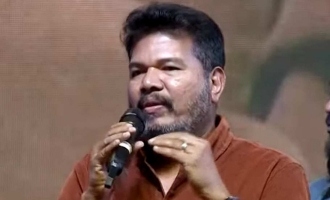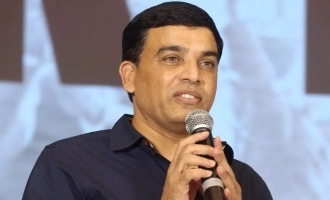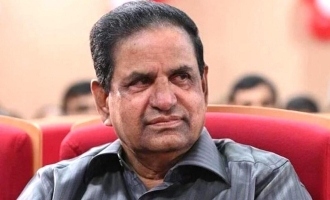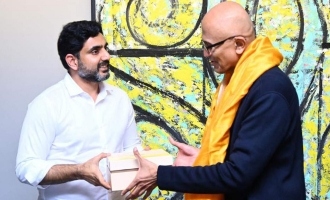TFPC vs SIAA over controversial resolutions


Send us your feedback to audioarticles@vaarta.com


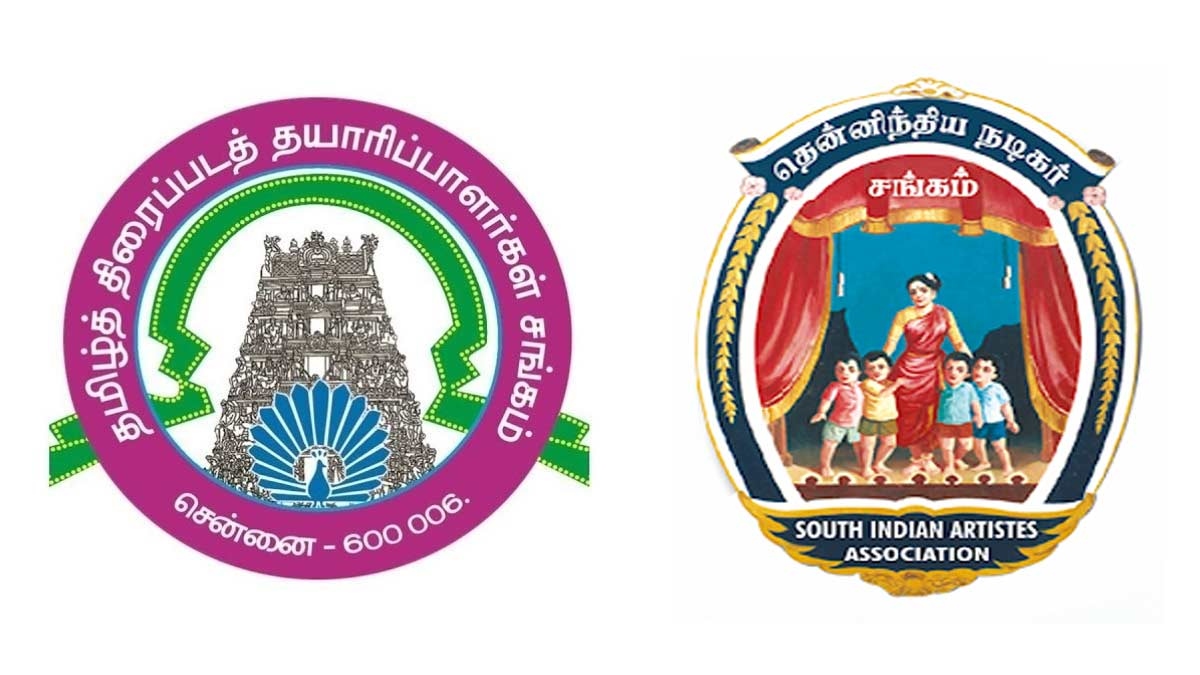
The Tamil Film Producers Council (TFPC) has recently implemented a series of measures to address critical production issues, including a temporary halt on new film projects and the formation of a Joint Action Committee (JAC) to tackle industry-wide problems. The TFPC's decision to specifically reference Dhanush, advising producers to consult the Tamil Film Producers Association before engaging him in new projects, adds a personal dimension to the scenario. The concerns raised relate to pre-payments and neglect of ongoing projects by actors and technicians, causing significant financial losses for producers.
Reaction from the South Indian Artistes Association (SIAA)
In response to the TFPC's actions, the SIAA has issued a strong statement, outlining resolutions from a meeting held on June 21, 2024. Key points from the meeting include:
- Implementation of the 2007 Memorandum of Understanding: With necessary adjustments to suit current conditions.
- Investigation of Complaints: Both associations agreed to investigate new complaints and resolve ongoing ones, with the Producers' Association committing to providing relevant evidence.
- Written Agreements for Contracts: Mutual consent for the requirement of written agreements for future film contracts.
- Importance of Documentation: Producers' Association acknowledges the need for contracts and documentary evidence in investigating complaints.
- Opportunities for Members: The South Indian Artists' Association's demand for 50% of film opportunities to be given to its members was taken up by the Producers' Union.
South Indian Artists Association's Stance
The SIAA's response to the TFPC's resolution regarding Mr. Dhanush and the general decision is one of shock and condemnation. They stress the lack of consultation and the potential impact on the livelihoods of thousands of actors and workers. They have called for the immediate withdrawal of the decision and have proposed a peaceful resolution without affecting the friendly relations between the two associations.
Recommendations
To navigate the current crisis and foster a constructive dialogue, the following steps are recommended:
- Dialogue and Mediation: Both parties should engage in open and transparent discussions, possibly under the guidance of a neutral mediator.
- Review of Agreements: A thorough review of existing contracts and agreements should be conducted to ensure fair terms for all parties involved.
- Implementation of Guidelines: The Joint Action Committee should expedite the implementation of guidelines to address financial mismanagement and project abandonment.
- Stakeholder Consultation: Prior to making any major decisions, all stakeholders, including actors, technicians, and workers, should be consulted.
- Industry-wide Standards: Establish industry-wide standards for payment terms, project timelines, and dispute resolution to prevent future conflicts.
The current standoff between the TFPC and SIAA highlights the need for a structured and inclusive approach to addressing the challenges facing the Tamil film industry. By fostering collaboration, implementing clear guidelines, and ensuring fair treatment of all stakeholders, the industry can move forward in a sustainable and equitable manner. Both associations are encouraged to prioritize dialogue and seek solutions that benefit the entire community, maintaining the vibrancy and success of Tamil cinema.
Follow us on Google News and stay updated with the latest!
Comments
- logoutLogout

-

Devan Karthik
Contact at support@indiaglitz.com




 Follow
Follow




















